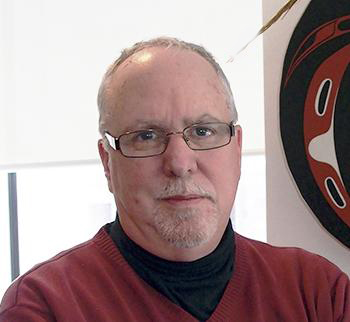If you have ever been to a sporting or community event, you may have seen the black and white uniformed St. John Ambulance volunteers. Those who have taken a first aid course probably did so under the auspices of St. John Ambulance.
There is, however, more to the Order of St. John than community volunteers and First Aid – much more. In fact, St John plays a role in bringing Jews, Muslims and Christians together in the volatile Middle East – but more on that later.
With a worldwide mission to help prevent sickness and enhance the health of people universally, the Most Venerable Order of the Hospital of St. John of Jerusalem (to use the full name) operates in major world centres through its two charitable foundations, St. John Ambulance and St. John Eye Hospital Group. From London to Hong Kong and Jerusalem to Toronto, the order’s 300,000 volunteers and close to 4,000 employees have brought comfort to the afflicted and helped relieve sickness and disease in the four corners of the world. It is truly an organization without equal, respected by virtually all faith and ethnic groups.
Precisely for this reason, the Order of St. John is uniquely situated in both Israel and the Palestinian Authority (PA), acting as a model of beneficence in a region more known for its strife than its open heart. And indeed, it’s the lesser-known St. John Eye Hospital Group that stands out as a sea of goodness in a region fraught with tension and violence.
From its main location in east Jerusalem, and from clinics in Anabta, Hebron, and Gaza, as well as with mobile outreach, the Eye Hospital Group transcends politics to help a region where eye diseases are rampant and where some of the poorest people in the world live, offering them a chance to see.
With historical ties dating back to 1070, when the first hospice was built to care for travelling pilgrims, the Order of St. John has had a steady presence in Jerusalem since 1882, when it underwent a revival by Queen Victoria. Back in those days, as now, there was recognition that eye diseases in this desert region required special focus. As the Order explains: “The Palestinian rate of blindness is so high because of the very particular patterns of disease and demographics in the communities we serve. Movement restrictions and the erection of the separation wall are having severe effects on health and nutrition… [As a result of] a rise in consanguineous marriages, children are born with congenital diseases, including eye problems such as cataracts, glaucoma, retinal degeneration, optic atrophy, diabetic retinopathy and eye malformations. Indeed, there is often more than one child in each family with such a congenital condition, and children with eye problems are often hidden at home and not sent to school.”
The State of Israel, recognizing the importance of the work undertaken by the Eye Hospital Group, maintains a very special and positive relationship. Even in Gaza, where clearly political relations are non-existent, St. John Eye Hospital is presently working with the Israel Defence Forces to have it relax its new ban on importing building materials so that it can begin work on its new clinic.
As well, the Eye Hospital Group is directly engaged in research with Israel’s Hadassah Hospital, and at Tel Aviv University, the orthoptics department’s graduates work with St. John.
Sixty per cent of the hospital’s funding comes from private donations, without which it would not be able to maintain its current level of care.
Today, it’s more challenging to fund individual projects in the PA, even a hospital whose transparency is legendary and from which 94 cents of every dollar donated goes directly to helping the patient.
In 2013 alone, the eye hospital and its clinics screened more than 13,000 people, treated more than 114,000 patients and performed in excess of 4,000 operations. It has brought a sense of comfort, health and relief to many. By helping to create and maintain health, the Order of St. John also promotes peace, and this was recognized in 2012 when the St. John Eye Hospital Group was awarded the prestigious Gandhi Foundation International Peace Award. Clearly the work of the hospital is another tool helping to bring peace and health to a troubled region.
Bernie M Farber, the former CEO of Canadian Jewish Congress is now senior vice-president of government and external relations of Gemini Power Corp.
